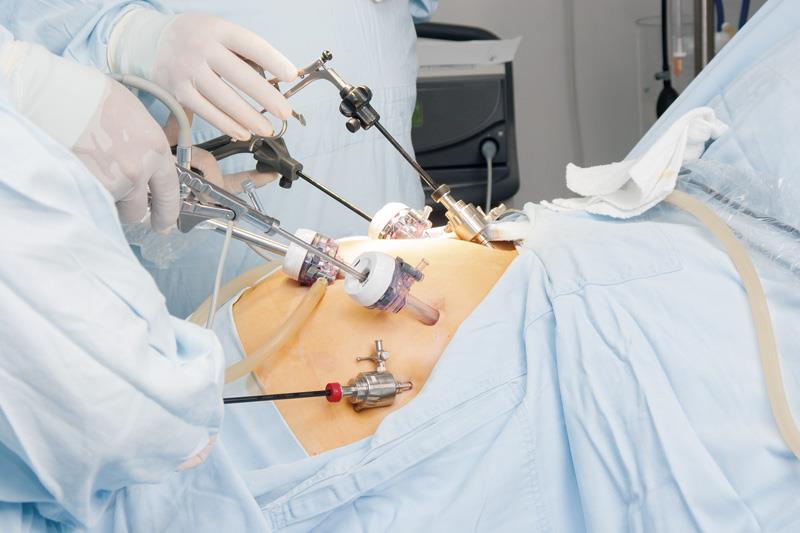
Bariatric surgery may lead to the resolution of nonalcoholic steatohepatitis (NASH) with a sustained reduction in fibrosis over 5 years, as shown in a study.
Researchers followed for 5 years a total of 180 severely obese patients (mean age, 46.7 years; median fibrosis score, 2) with biopsy-proven NASH who underwent bariatric surgery (66.1 percent had gastric bypass). Three patients died from non-liver-related causes: two from surgical complications within the first month after surgery and one from cardiac dysfunction at the 4-year follow-up.
Liver biopsies were obtained from 125 of 169 patients (76 percent) in the first year of follow-up and from 64 of 94 patients (68 percent) at the fifth year. Histological evaluation was not available in some patients mainly because of biopsy refusal.
At 5 years after weight-loss surgery, 84 percent of patients achieved the primary endpoint of resolution of NASH without worsening of fibrosis. Moreover, fibrosis decreased from baseline in 70.2 percent of patients. It disappeared in biopsy samples from 56 percent of all patients, as well as in samples from 45.5 percent of those with baseline bridging fibrosis.
NASH persistence was predicted by a lack of fibrosis reduction and less weight loss (mean reduction in body mass index, –6.3 vs –13.4 kg/m2 in patients with persistent vs resolved NASH, respectively; p=0.017).
NASH resolution was observed at 1 year post-bariatric surgery in biopsies from 84 percent of patients, with no significant recurrence between 1 and 5 years (p=0.17). Finally, reductions in fibrosis started to occur by 1 year and continued until 5 years (p<0.001).